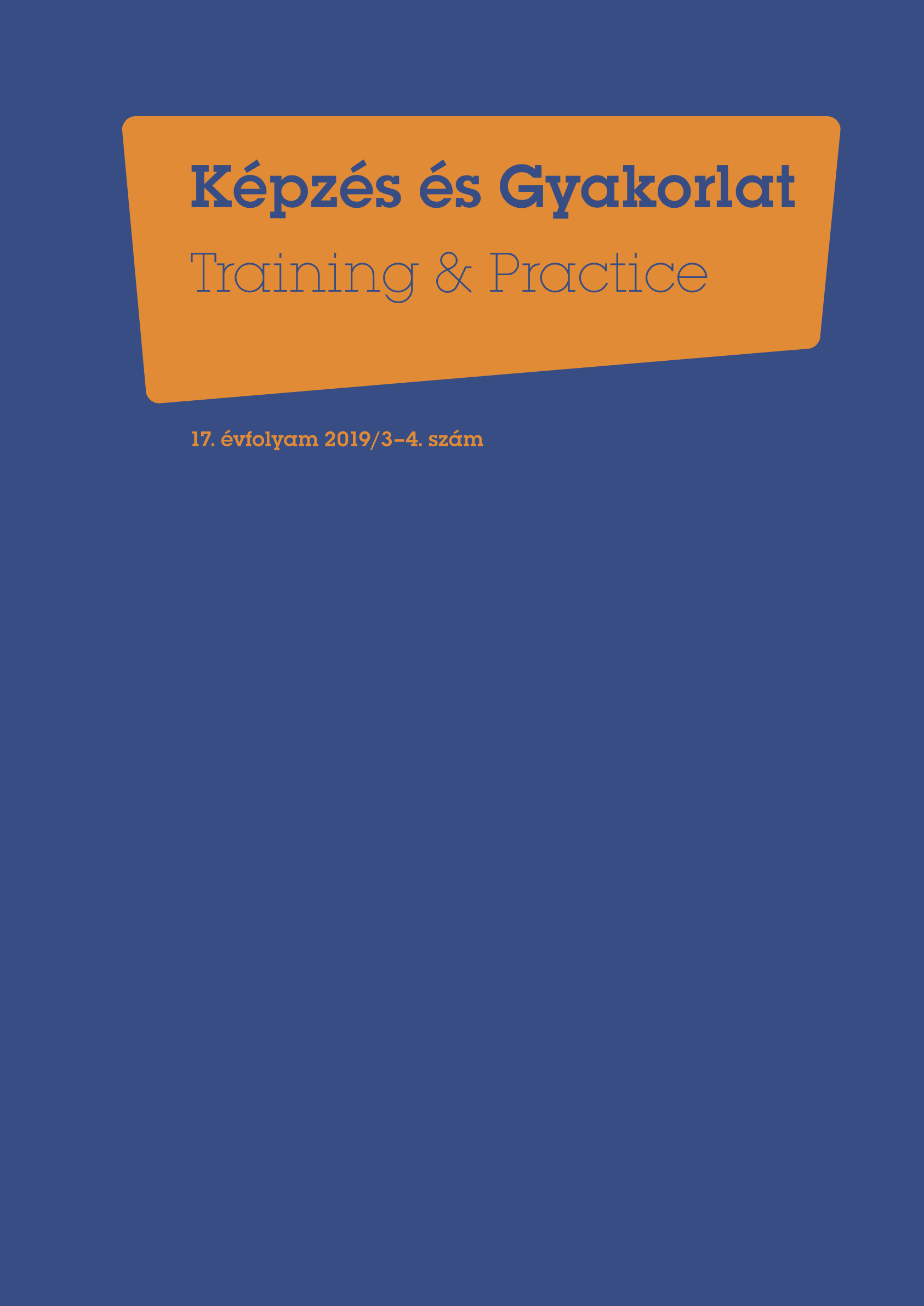Development of musical taste in public school music education: do we really need Western trends?
DOI:
https://doi.org/10.17165/TP.2019.3-4.12Absztrakt
To involve popular music inschool music education is not an unknown phenomenon in Western European Countries. Education in the first ten years play crucial role in human cognitive development. At the same time the majority of our pupils meet valuable musical materialsonly at public schools. This is the reason, why popular music should never get an exclusive place in the tuition of primary-school aged children. Theoretical background of my paper are Kodaly’s sentences. I intend to support my hypothesis by the means of a questionnaire among primary school-teachers and pupils coming from different social and geographical background.
Hivatkozások
Deákné Kecskés Mónika (2017): Ádám's Oeuvre in the Light of Our Days' Pedagogical Practice. Training and Practice, 2017. Vol. 15. Issue 3. pp. 93-98. DOI: https://doi.org/10.17165/TP.2017.3.8
David Johnson (2016): Playlist: a critical survey of song repertoire in Swedish schools. Doctoral thesis report. Malmö: Lund University, Academy of Music.
L. Nagy Katalin (2012): Az ének-zene tantárgy helyzete, és fejlesztési feladatai. A tantárgy helyzete a tantárgyi modernizációs folyamatban. In Parlando, 54. évf. 6. sz. http://www.parlando.hu/2012/2012-6/2012-6-10-LNagy.htm [2019. 04. 19.]
Mihalovics Csilla-Kismartony Katalin-Kolosai Nedda (2016): „Segítség, komolyzene”. In Falus András (szerk.): Zene és egészség. Kossuth Kiadó. Budapest. pp. 238-254. 26-44.
Nemzeti Alaptanterv. [online] http://ofi.hu/nemzeti-alaptanterv [2019.04.05.]
Letöltések
Megjelent
Folyóirat szám
Rovat
License
Copyright (c) 2019 Deákné Kecskés Mónika

This work is licensed under a Creative Commons Attribution-NonCommercial-NoDerivatives 4.0 International License.








